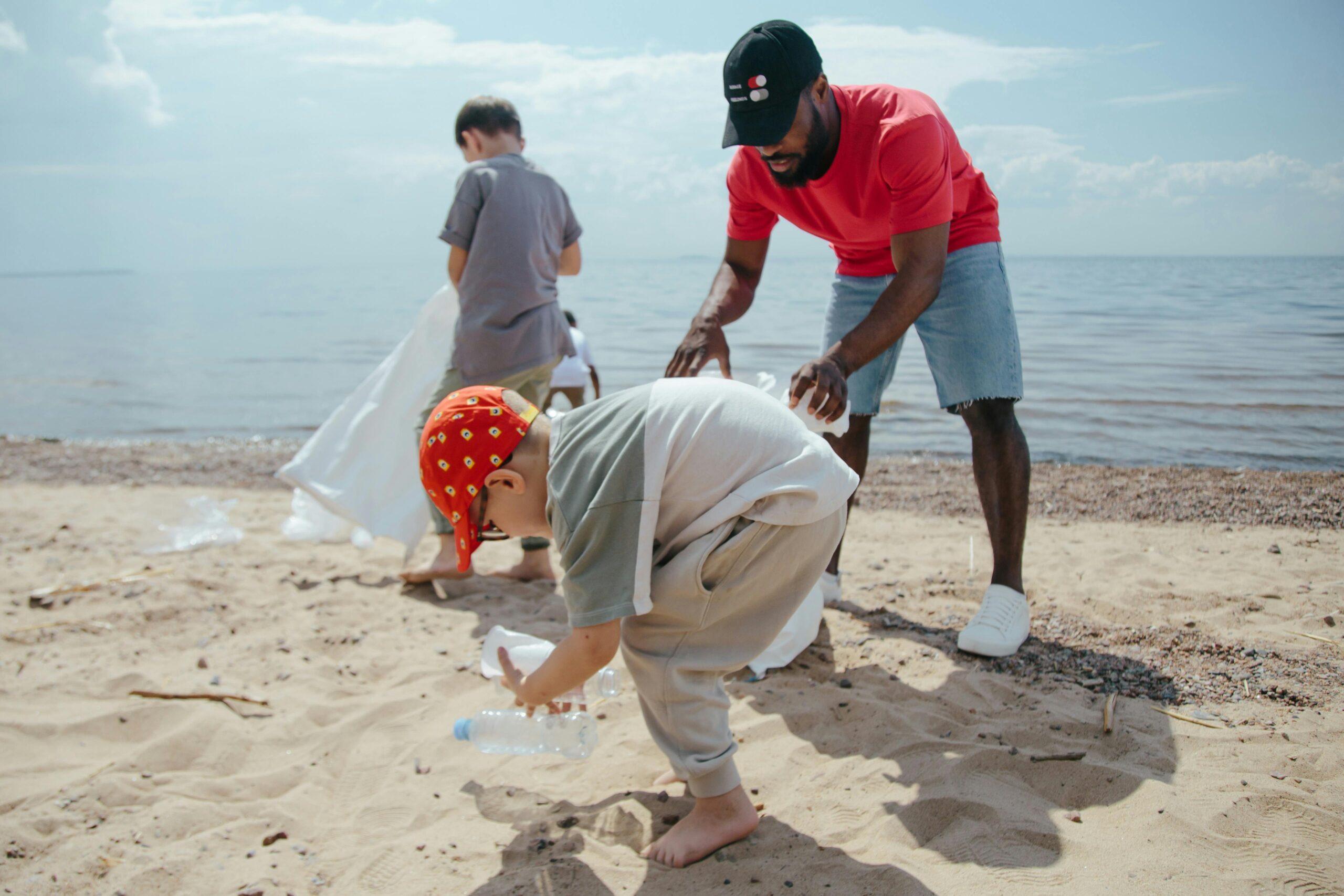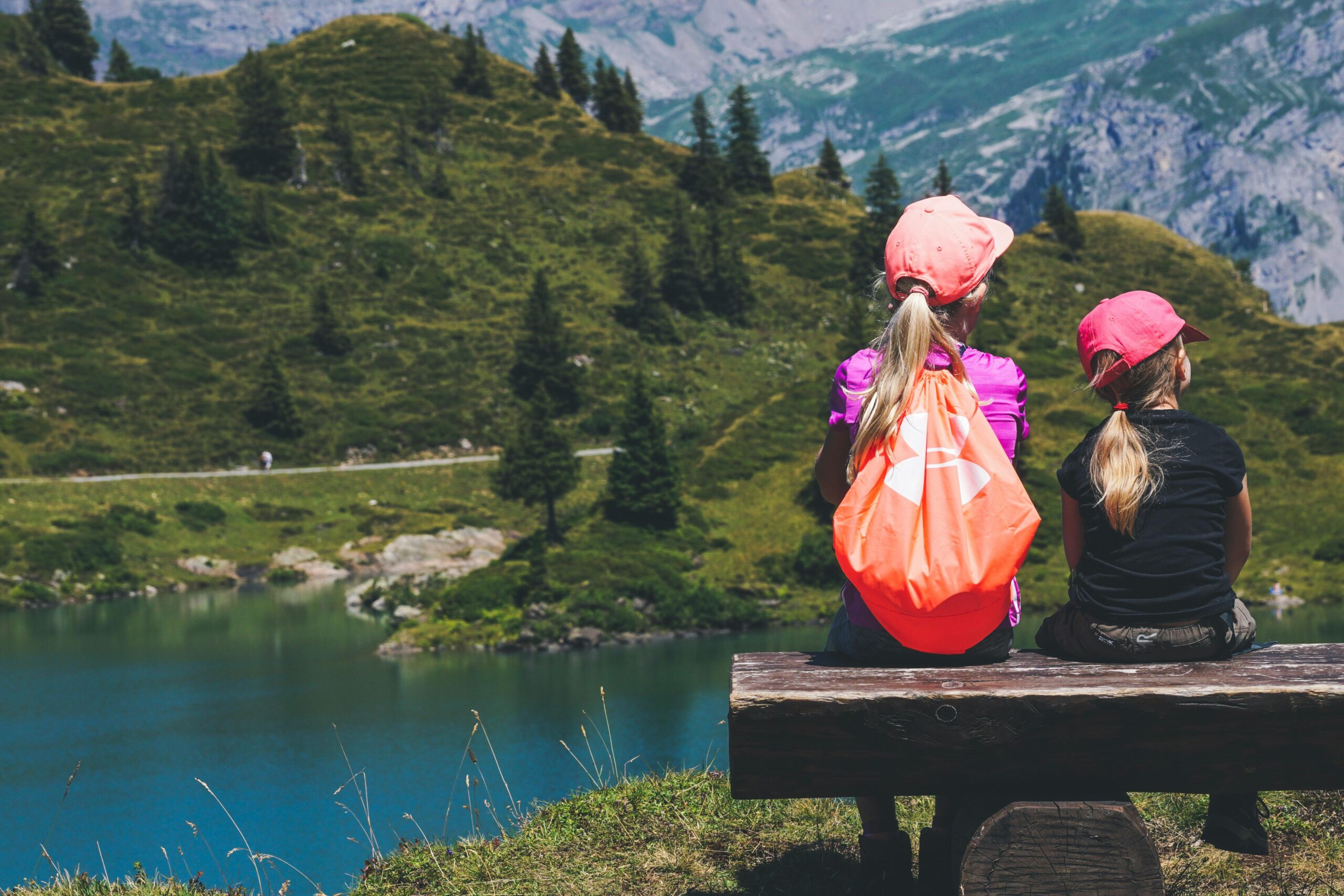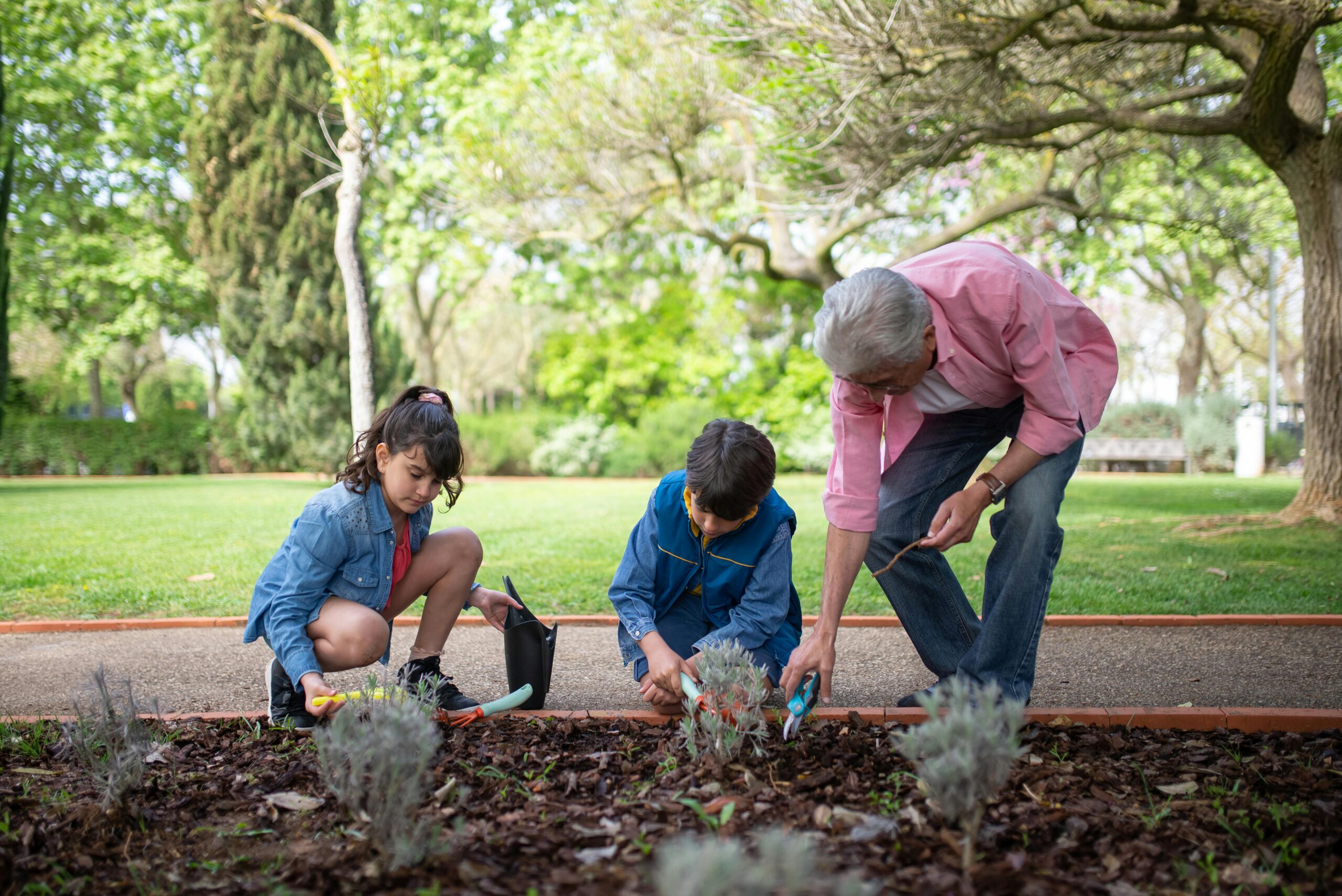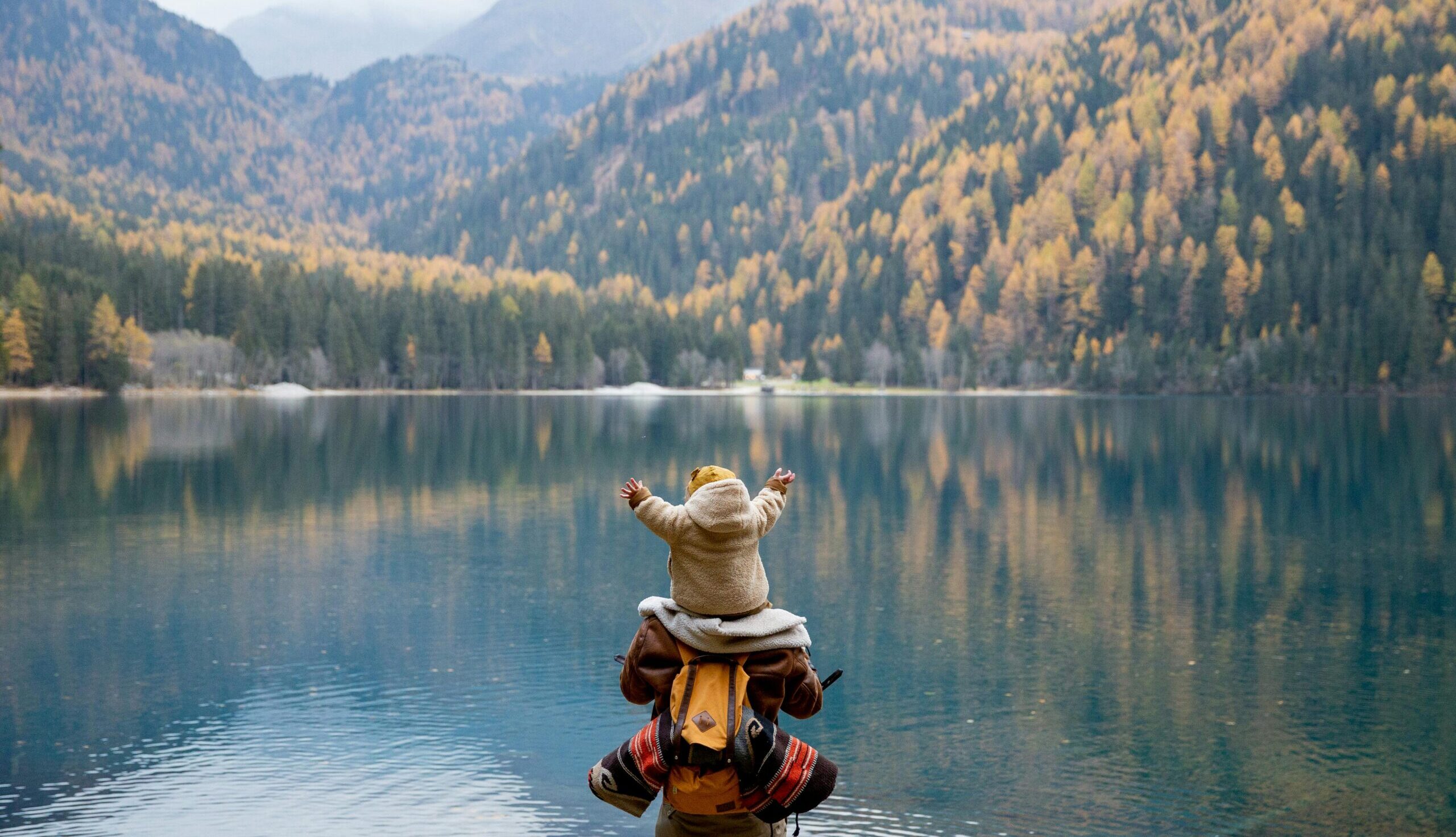Let’s be honest: parenting isn’t exactly the most carbon-neutral endeavor. Between the diapers, the wipes, the plastic-wrapped snacks, and the growing pile of toys—they don’t call it the “stuff” phase for nothing.
In fact, a 2021 report by Zero Waste Europe found that the average child produces over 500 pounds of disposable diaper waste by the age of two. That doesn’t even count the single-use food pouches, the tiny shoes they outgrow in a month, or the bathtub filled with plastic toys.
And when you’re juggling nap schedules and meltdowns over the wrong color cup, it’s no surprise that convenience often wins out.
But here’s the good news: raising an eco-conscious family doesn’t require perfection. It doesn’t mean saying no to everything plastic, or turning your backyard into a self-sustaining permaculture garden (though, hey, more power to you if you do). It just takes a few intentional shifts—and the willingness to model the kind of world you want your kids to inherit.
Let’s walk through some simple, impactful ways to raise kids who care for the planet—and enjoy the journey along the way.

Read More: 3 Amazing Environmental-Science Activities to Do With Your Kids
What You Can Do: Start With Your Own Habits
Kids are always watching. And while you can talk about sustainability until you’re blue in the face, it’s your everyday actions that really stick.
- Turn off the lights when you leave a room.
- Compost your food scraps and involve your kids in dropping them off or adding compost to your home garden.
- Ditch the plastic wrap and swap it for reusable beeswax wraps or silicone containers.
- Replace single-use items like paper towels with cloth rags.
- Recycle mindfully, and explain what goes where, and how to clean recyclables properly.
In other words: let them see sustainability in action. If you forget sometimes? That’s okay, too. The point isn’t to be perfect—it’s to be present and do what you can.
Go Beyond the Household
Eco-conscious parenting doesn’t stop at home. Think about the values you reinforce through the products you buy, the places you shop, and the businesses you support.
- Choose brands committed to sustainability. Look for Certified B Corporations, Climate Neutral Certified companies, and those using natural, organic, or recycled materials. (Hint: Avocado checks all these boxes.)
- Use reusable shopping bags and water bottles, and bring your kids along so they understand why it matters.
- Borrow, trade, or thrift clothes and gear instead of buying new for every growth spurt. Hand-me-downs aren’t just practical—they’re sustainable.
And if you’re ready to tackle the big one, consider switching from disposable to cloth diapers, or at least exploring compostable diaper and wipe options.
What Kids Can Do: Start Small, Make It Fun
Kids don’t need lectures on climate change. What they need is a connection to nature, to their community, and to the joy of caring for something bigger than themselves.
Get Outside
Time in nature helps foster a sense of environmental responsibility. The more kids explore the outdoors, the more likely they are to love, value, and protect it.
- Go for hikes or nature walks.
- Visit local parks and trails.
- Let them dig in the dirt, observe bugs, and ask questions.
Encourage unstructured outdoor play whenever possible—even if that means muddy clothes or a few scraped knees. The more kids can roam, explore, and engage their senses, the more likely they are to develop an emotional bond with the natural world. And that bond? It’s the foundation for a lifetime of environmental empathy.
Read More: 3 Amazing Environmental-Science Activities to Do With Your Kids
Make It Playful
- Turn recycling into a game: who can sort the most items correctly?
- Host a DIY recycled craft challenge with old jars, cereal boxes, or toilet paper rolls.
- Create a “green streak” tracker—every day they turn off a light or pack a reusable lunch item, they get a sticker.
Gamifying sustainability makes it fun—and more likely to stick.
Teach Waste Awareness
According to Sustainable America, helping kids understand where things go when we “throw them away” is key. Start by:
- Building a small family compost together
- Explaining how landfills and recycling centers work
- Talking about food waste and how to avoid it
Simple concepts like “use what you have” or “waste less, share more” can go a long way when taught consistently and gently.

Read More: 17 Ways to Cut Back on Waste When You Have Kids
What You Can Do Together: Make It a Family Practice
Sustainability is more powerful when it’s shared. The goal isn’t just to raise eco-conscious kids—it’s to build eco-conscious families.
Support Local, Together
- Visit your local farmers’ market and teach your kids about seasonal food.
- Let them pick out produce, talk to farmers, and learn about where their food comes from.
- Make a game out of reducing packaging: which snack has the least waste?
These outings help kids connect with their community and see the ripple effect of their choices. You can also bring sustainability into the kitchen by cooking simple, low-waste meals together. Let your kids help chop veggies, stir ingredients, or plan a menu using only what’s already in the fridge. These small rituals teach creativity, reduce food waste, and help kids build confidence in their ability to contribute.
Educate in Age-Appropriate Ways
- Teach the 3 R’s: Reduce, Reuse, Recycle—and what they actually mean.
- Read books about the environment, animals, and Earth Day.
Try The Lorax by Dr. Seuss, Compost Stew by Mary McKenna Siddals, or The Earth Book by Todd Parr. - Watch age-appropriate documentaries or shows about the planet.
- Visit recycling centers, compost drop-offs, or local farms so they can see sustainability in action.
These small steps create understanding—and, more importantly, curiosity.
Read More: 13 of the Best Green Books for Kids
A Note on Progress, Not Perfection
Here’s the thing: there will be plastic. There will be Amazon boxes. There will be days when you hand over a granola bar in a shiny wrapper because it’s that kind of day.
That doesn’t mean you’re failing. Raising eco-conscious kids isn’t about eliminating every unsustainable item from your life. It’s about teaching them to think critically, act mindfully, and do their best with the resources they have.
And it’s about knowing that even small shifts—composting, reusing, picking up litter at the park—can create lifelong habits that ripple into adulthood.
When sustainability becomes a shared family value, not a strict rule, it fosters more than just eco-consciousness. It teaches mindfulness, resilience, and a deeper sense of responsibility. It says: we all have a part to play, and it starts with what we do today.
Raising the Next Generation of Planet Lovers
Sustainability starts at home, and when kids see their families living in alignment with the planet, not perfectly, but intentionally, they learn that caring for the Earth is part of everyday life. It’s not a burden. It’s a joy.
So go ahead: take the detour to the farmers market. Say yes to the tadpole tank. Turn off the lights with a little extra flair. Model the values you want to pass on—and trust that your kids are learning, one small act at a time.
Because raising eco-conscious kids isn’t about having all the answers. It’s about raising kids who are curious, connected, and kind to people and the planet.

Read more: Spring Travel
Have feedback on our story? Email [email protected] to let us know what you think!

Shop Pillows
The Essential Organic Pillow Collection
Gentle, breathable, non-toxic support.







